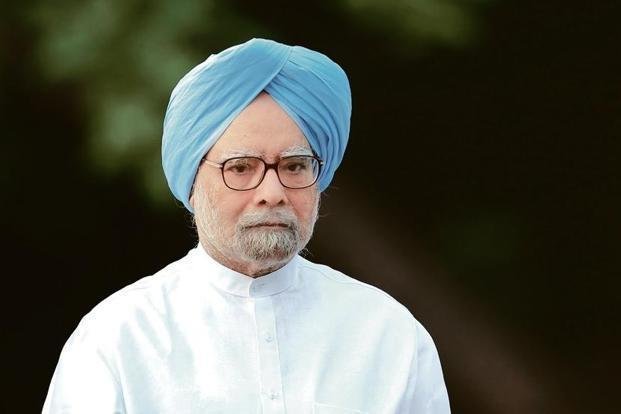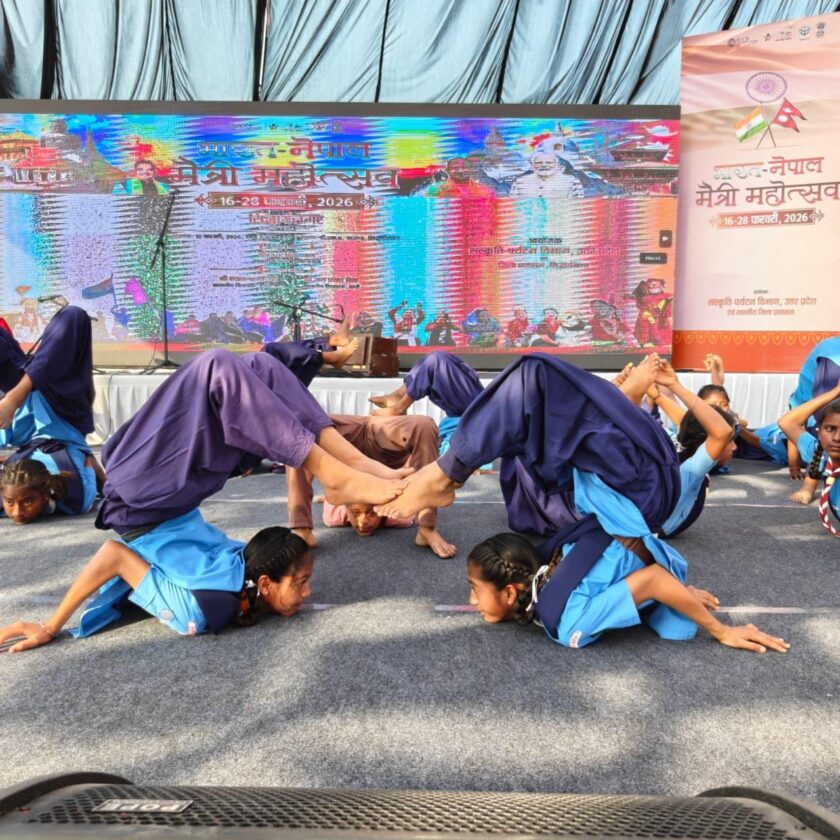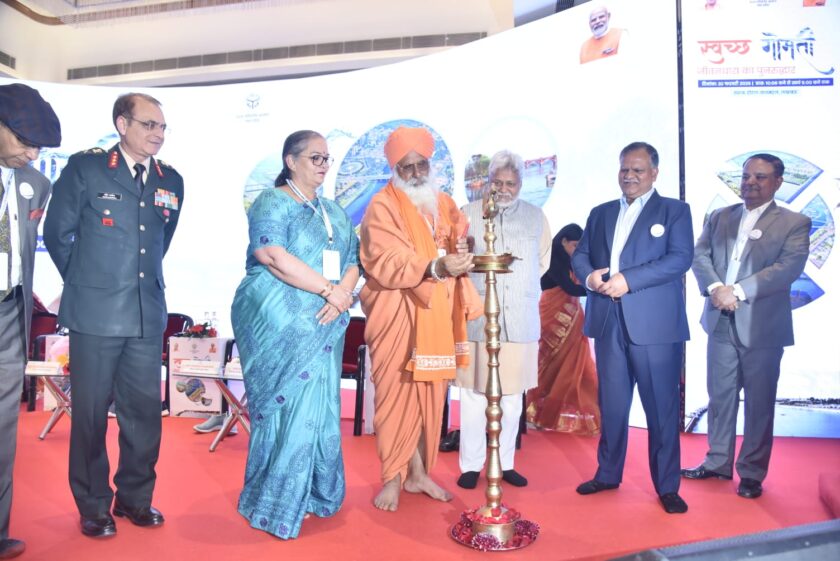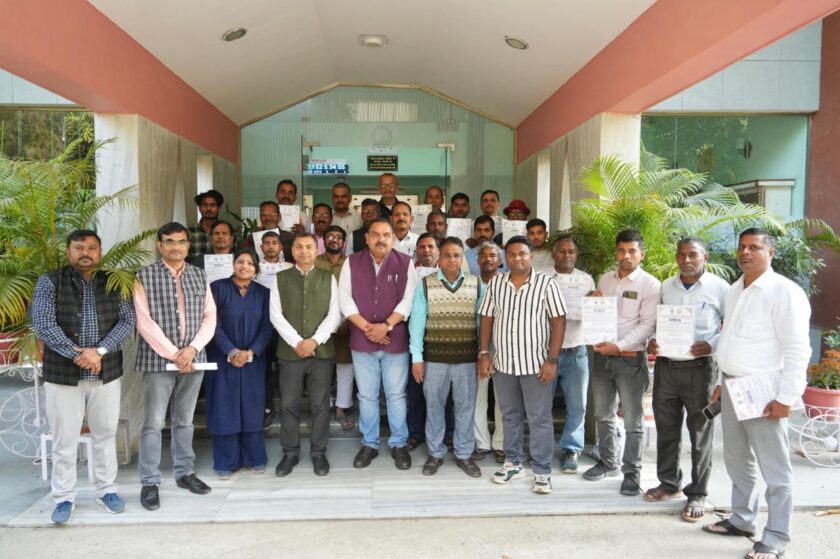New Delhi: Dr. Manmohan Singh, the 14th Prime Minister of India and one of the nation’s most celebrated economists, passed away at the age of 92. Known as the architect of India’s economic liberalization, Dr. Singh’s profound influence on the country’s trajectory will be remembered for generations.
Born on September 26, 1932, in Gah, Punjab (now in Pakistan), Dr. Singh’s journey from a small village to the corridors of power is a tale of perseverance and brilliance. After earning his undergraduate degree from Panjab University, he went on to pursue higher education at the University of Cambridge and later completed his doctorate in Economics at the University of Oxford. His academic credentials were as impeccable as his reputation for integrity.
Dr. Singh’s career began as an economist with the United Nations and later saw him serving in pivotal roles, including as the Chief Economic Adviser, Governor of the Reserve Bank of India, and Deputy Chairman of the Planning Commission. However, it was his appointment as India’s Finance Minister in 1991 that etched his name in history. At a time when India faced a severe economic crisis, Dr. Singh, under the leadership of then-Prime Minister P.V. Narasimha Rao, unveiled bold economic reforms that dismantled decades of socialist policies, ushering in an era of liberalization, privatization, and globalization.
In his iconic budget speech of 1991, Dr. Singh declared, “No power on Earth can stop an idea whose time has come,” signaling the dawn of a new economic paradigm. The reforms revitalized India’s economy, transforming it into one of the fastest-growing economies in the world and laying the groundwork for its emergence as a global economic powerhouse.
Dr. Singh’s political journey reached its zenith when he served as India’s Prime Minister from 2004 to 2014, leading the United Progressive Alliance (UPA) government. As Prime Minister, he championed policies aimed at inclusive growth, including the Mahatma Gandhi National Rural Employment Guarantee Act (MGNREGA), the Right to Information Act, and the Right to Education Act. His tenure also saw landmark achievements in diplomacy, such as the India-U.S. Civil Nuclear Agreement, which ended India’s decades-long isolation in the global nuclear community.
A soft-spoken and scholarly leader, Dr. Singh was often described as a man of few words but profound actions. His tenure was not without challenges, including criticisms over policy paralysis and allegations of corruption within his government. Yet, his personal integrity and commitment to the nation remained unquestioned.

Dr. Singh was a recipient of numerous accolades, including the Padma Vibhushan, India’s second-highest civilian award, and honorary degrees from prestigious universities worldwide. His humility, wisdom, and unwavering dedication to public service made him a statesman admired across political and ideological divides.
He is survived by his wife, Gursharan Kaur, and their three daughters. Beyond his public achievements, Dr. Singh was known for his deep commitment to his family and his simple, unassuming lifestyle.
In his passing, India has lost a visionary leader, an erudite economist, and a true patriot whose legacy will continue to inspire. As the nation mourns his loss, his contributions to building a modern and self-reliant India remain a beacon of hope and progress.
Rest in peace, Dr. Manmohan Singh. Your vision and values will endure in the heart of the nation you so devotedly served.









